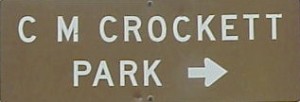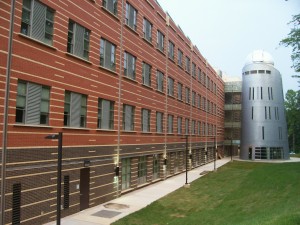The Leonids is an average shower, producing up to 15 meteors per hour at its peak. This shower is unique in that it has a cyclonic peak about every 33 years where hundreds of meteors per hour can be seen. That last of these occurred in 2001. The Leonids is produced by dust grains left behind by comet Tempel-Tuttle, which was discovered in 1865. The shower runs annually from November 6-30. It peaks this year on the night of the 17th and morning of the 18th. The waxing gibbous moon will set shortly after midnight leaving fairly dark skies for what could be a good early morning show. Best viewing will be from a dark location after midnight. Meteors will radiate from the constellation Leo, but can appear anywhere in the sky
see http://cantonbecker.com/retrograde for details…
see http://cantonbecker.com/retrograde for details…

All of the weather forecasts agree that cloud cover will increase after 15:00 to ‘mostly cloudy’ (or worse). Transparency “too cloudy to forecast” and seeing poor to impossible won’t allow us to show the public wonders of the night sky.
Hoping for better conditions in 2019,
R J ‘Tree’ Greenwood
Crockett Park Site Coordinator
Please read the C.M. Crockett Page for park details.

Our meetings on the second Sunday of the month, online.
Our meetings web page, has additional details.
We look forward to seeing you on Sunday evenings!
Planning on staying up late (or waking up early) for this one. The Geminids is the “king” of the meteor showers. It is considered by many to be the best shower in the heavens, producing up to 120 multicolored meteors per hour at its peak. It is produced by debris left behind by an asteroid known as 3200 Phaethon, which was discovered in 1982. The shower runs annually from December 7-17. It peaks this year on the night of the 13th and morning of the 14th. The first quarter moon will set shortly after midnight leaving dark skies for what should be an excellent early morning show. Best viewing will be from a dark location after midnight. Meteors will radiate from the constellation Gemini, but can appear anywhere in the sky

